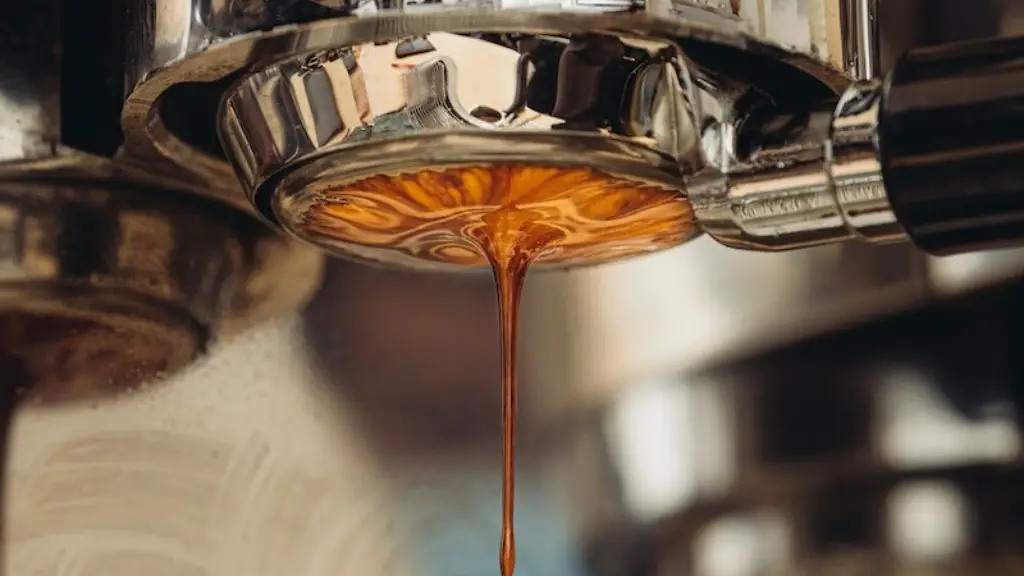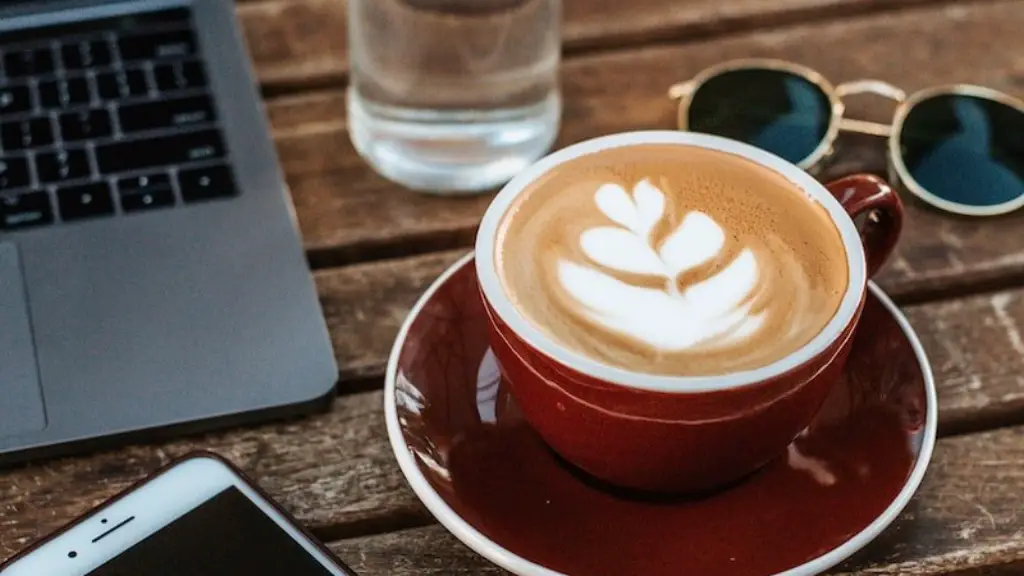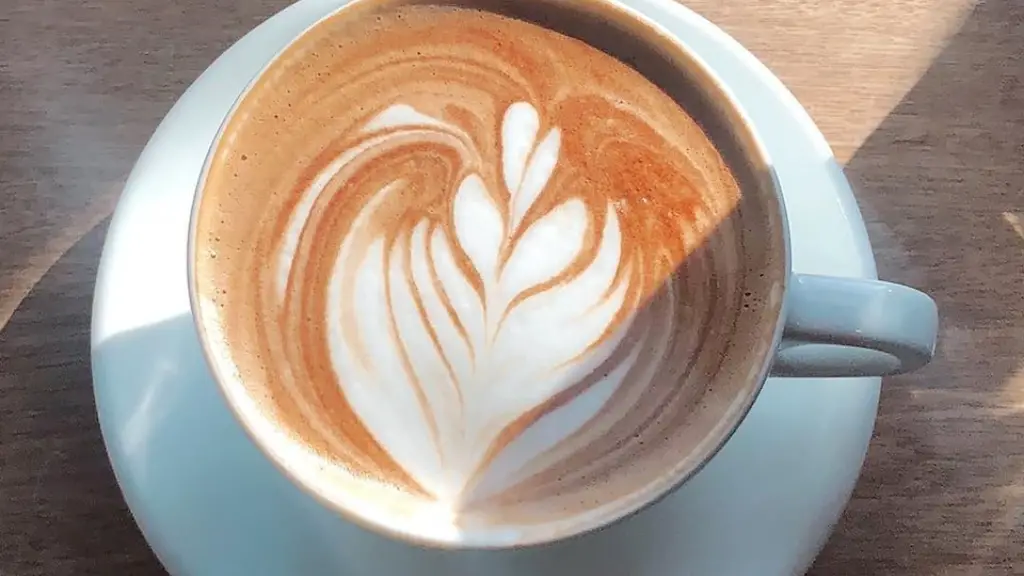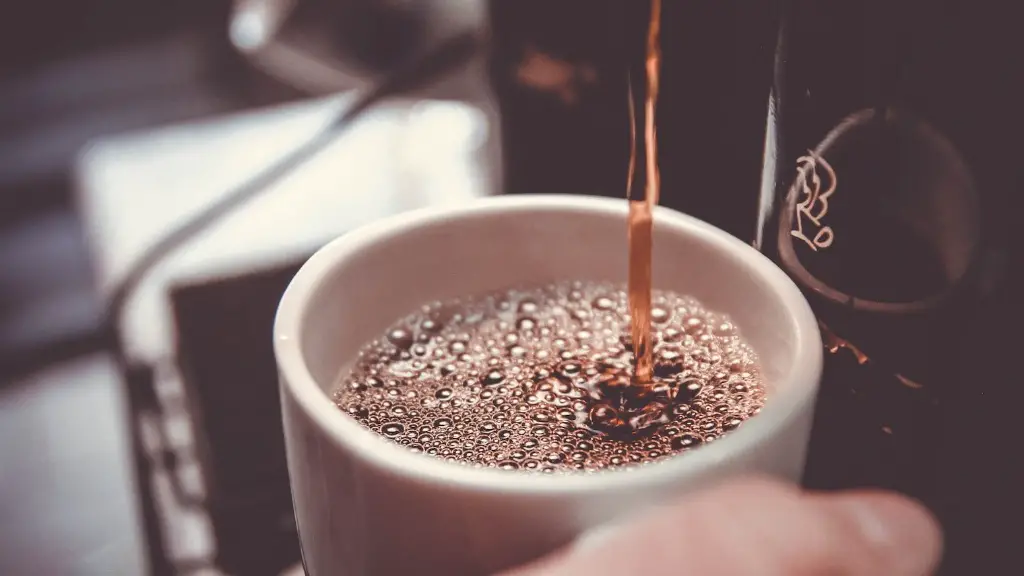Coffee: What Are The Health Benefits?
Coffee is one of the world’s most beloved beverages. It can be enjoyed as a hot or cold beverage, with or without cream and sugar. Coffee contains several different compounds and substances, such as caffeine, antioxidants, and polyphenols, which can provide several health benefits. Studies have shown that drinking coffee can reduce the risk of type 2 diabetes, Parkinson’s disease, stroke, and certain types of cancer. It has also been linked to improved mental health and emotional wellbeing, including reducing depression, anxiety, and stress. With all of these potential benefits, it’s easy to see why coffee is so widely consumed.
Can You Drink Coffee With Gallbladder Issues?
Coffee may have a number of potential health benefits, but it is important to remember that everyone’s individual physiology and digestive system is different. If you have gallbladder issues, it is important to understand how coffee may affect you. Gallbladder problems can range from mild to severe, with symptoms such as nausea, bloating, abdominal pain, and vomiting. As coffee can exacerbate some of these symptoms, it is important to consult your doctor before consuming coffee if you experience gallbladder problems.
According to Dr. John Rumberger, MD, “Coffee can be consumed in small amounts by those with problems of the gallbladder, although more serious forms of discomfort should be looked at and treated by a physician.” He also suggests limiting caffeine intake and avoiding caffeinated drinks that are high in sugar. It may also be beneficial to consume coffee with a meal, as this can help reduce the potential side effects.
One of the potential benefits of consuming coffee with food is that it can help the digestion. Coffee can stimulate the secretion of the digestion-aiding hormone called cholecystokinin, which can help to break down fats in the diet. Thus, consuming coffee can help to reduce the symptoms of gallbladder issues.
It is important to note that drinking coffee with gallbladder issues can vary from person to person. Some individuals may be able to tolerate small amounts of coffee, while others may need to avoid it entirely. If you experience any discomfort or pain after drinking coffee, it may be best to stop consuming it and speak with your doctor.
Gallbladder Issues: What Causes Them?
Gallbladder issues can be caused by a variety of factors. Some of the most common causes include an unhealthy diet, an increase in cholesterol, or an increase in the triglycerides in the blood. Gallstones, which are hardened deposits of digestive fluid, can also form in the gallbladder and lead to complications.
Other factors, such as age, genetics, and gender can also increase the risk of gallbladder problems. Women, in particular, are more likely to develop gallstones than men, due to other risk factors such as obesity and hormonal changes. Depending on the cause of gallbladder problems, treatment options can include dietary changes, medications, and even surgical procedures.
Tips For Managing and Reducing Gallbladder Issues
The best way to manage and reduce gallbladder issues is through a healthy diet and lifestyle. Eating a balanced diet, including plenty of fruits and vegetables, can help to provide essential vitamins and minerals. Try to avoid processed and fast-foods and opt for a diet that is low in saturated fat and cholesterol. Regular exercise can help reduce the risk of gallbladder issues, as well as aiding weight loss.
It is also important to reduce your consumption of caffeine, as this can be detrimental to gallbladder health. Caffeine consumption can cause an increase in levels of bile, which can worsen gallbladder symptoms. Drinking plenty of water can help to flush out toxins, aiding in digestion and overall digestive health.
Nutritional Supplements That Support Gallbladder Health?
Furthermore, some nutritional supplements can also help to support gallbladder health. Magnesium is essential for healthy digestion, as it helps to reduce bile, which can help to reduce the symptoms of gallbladder issues. Vitamin C can also help to block the formation of gallstones, while selenium is an important mineral for gallbladder health.
It is important to note, however, that these supplements should be taken with caution and it is advised to speak to your doctor beforehand. Furthermore, these supplements can have interactions with other medications, so be sure to check with your doctor before taking any supplements.
When To See A Doctor About Gallbladder Issues
If you are experiencing any symptoms of gallbladder issues, it is important to see a doctor as soon as possible. Severe symptoms, such as abdominal pain, fever, nausea, or vomiting, require prompt medical attention. Furthermore, those who are at an increased risk of gallbladder issues, such as pregnant women or those who are obese, should consider consulting a doctor for regular check-ups.
Gallbladder issues can be managed and reduced with a healthy lifestyle and diet. While coffee may provide some health benefits, it is important to speak to your doctor before consuming coffee if you experience gallbladder problems. Ultimately, it is important to be aware of your body and its needs.
Does Caffeine Increase the Risk of Gallstones?
A number of studies have suggested that drinking excessive amounts of coffee might be linked to an increased risk of gallstones. One such study suggested that regular coffee drinkers are more likely to develop gallstones than non-coffee drinkers. However, the study did not find a significant link between coffee intake and gallstone risk, suggesting that other factors may be at play.
Therefore, it is important to remember that everyone is different, and while coffee may be beneficial for some people, it may be detrimental for others. As with any food or drink, it is important to be aware of your body’s reaction and to consult with your doctor if you have any concerns.
Can Coffee Help Relieve Gallbladder Pain?
Coffee has analgesic properties and has been shown to reduce the perception of pain. Therefore, it is possible that coffee can help to reduce gallbladder pain in some people. That being said, it is important to remember that coffee can also worsen gallbladder pain in some individuals. Therefore, before consuming coffee for pain relief, it is advised to speak to your doctor about the potential risks and benefits.
Furthermore, other natural remedies can also help to reduce the symptoms of gallbladder pain. Consuming water regularly can help to flush out toxins and reduce pain, as well as other remedies such as relaxation techniques, such as yoga and meditation. Massage therapy can also help to release tension in the body and provide relief from pain.
Alternative Treatments for Gallbladder Issues
In addition to lifestyle modifications, there are a number of alternative treatments that can be used to reduce the symptoms of gallbladder problems, such as acupuncture, herbs, and herbal teas. Acupuncture has been found to be effective in reducing pain associated with gallbladder issues. Certain herbs, such as milk thistle, dandelion root, and artichoke leaf extract, can also help to reduce bile flow and improve digestion.
Herbal teas, such as chamomile and ginger, can help to reduce inflammation and provide relief from pain. It is important to note that these alternative treatments may interact with other medications and should be discussed with your doctor beforehand.
Conclusion
In conclusion, it is possible to drink coffee with gallbladder issues, although it is advised to speak to your doctor beforehand. Coffee can be both beneficial and detrimental, so it is important to be aware of your individual physiology, as well as the potential risks and benefits of drinking coffee. Regular check-ups, a healthy lifestyle and diet, and alternative treatments may help to reduce the symptoms of gallbladder issues. Ultimately, it is a decision that should be made on an individual basis.





